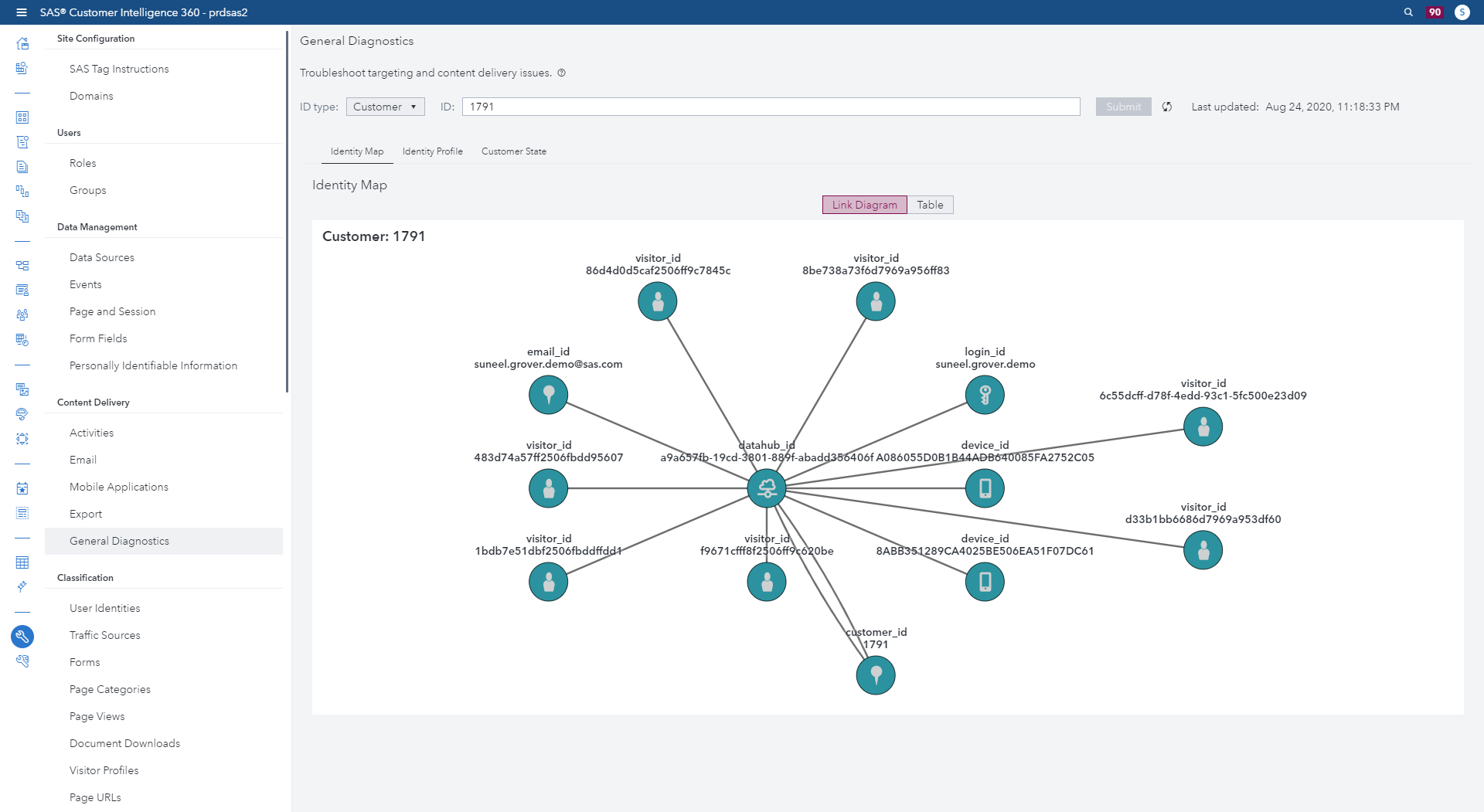Customer data platforms (CDPs), data management platforms (DMPs), people-based marketing, identity graphs, and more overlapping topics represent an important ingredient of any martech brainstorming session in 2020. As your brand spreads out across touchpoints — from web to mobile applications, as well as call centers, email and direct mail — how effectively can you personalize the customer journey?
Customer identity management enables your brand to recognize and connect with customers in real-time by bringing together available data (in stream, at rest or batch), in conjunction with analytical scoring and rule arbitration, for a fuller understanding of who they are and what makes them act.
Numerous vendors, thought leaders and other public voices in martech actively discuss the importance of data for identity management in the context of:
- Diversity.
- Quality.
- Online and offline.
- Device proliferation.
- Browser, mobile and unit IDs.

But of course all of those topics matter. It affects every downstream business process in a B2C environment. From a marketer's point of view, it impacts customer engagement, acquisition, retention, personalization and measurement. A quick online search will derive an ocean of content discussing this.
However, I want to focus on customer analytic considerations. For those thinking about algorithmic attribution, recommendation systems, next-best-action, segmentation, testing and reinforcement learning, I'm talking to you. The implications are immense. If you ponder this for a moment, there's nothing new here to data science, as topics like data quality and diversity are also strongly correlated to the potential of predictive modeling and machine learning adding business value. Data wrangling, stitching, preparation and engineering have always been a friction point, but better days are ahead.
Brands can use identity management services from SAS Customer Intelligence 360 to accelerate data engineering workflows that support both analytical modeling, as well as targeted marketing, advertising and personalization efforts. The service allows organizations to collect and contextualize a customer's digital presence to construct a unique identity profile. Data for the identity profile can come from multiple channels (such as websites, email, mobile apps, etc.), as well as external data that can be imported and absorbed into a unified data model. Brands can use the identity service to create new identities, remap data for existing identities, bridge (or merge) identities, prioritize identity assignment, retrieve identities and define customer attributes.

Simply put, the term "marketing data management" describes how SAS Customer Intelligence 360 can enhance and extend customer data activation, while allowing users to move beyond a traditional customer data platform with our hybrid architecture. With that said, I invite you to view a video that will address the following topics on how SAS:
- Captures, contextualizes and links diverse customer behavior using a hybrid architecture.
- Creates, manages and visualizes known and anonymous customer profiles.
- Automatically updates profiles based on interactions, transactions, preferences and insights.
- Manages persistent data while ensuring customer profiles remain dynamic.
- Scales with increasing criteria and data volumes.
Check out more content and learn more about how the SAS platform can be applied for marketing data management, as well as other customer-centric use cases.
